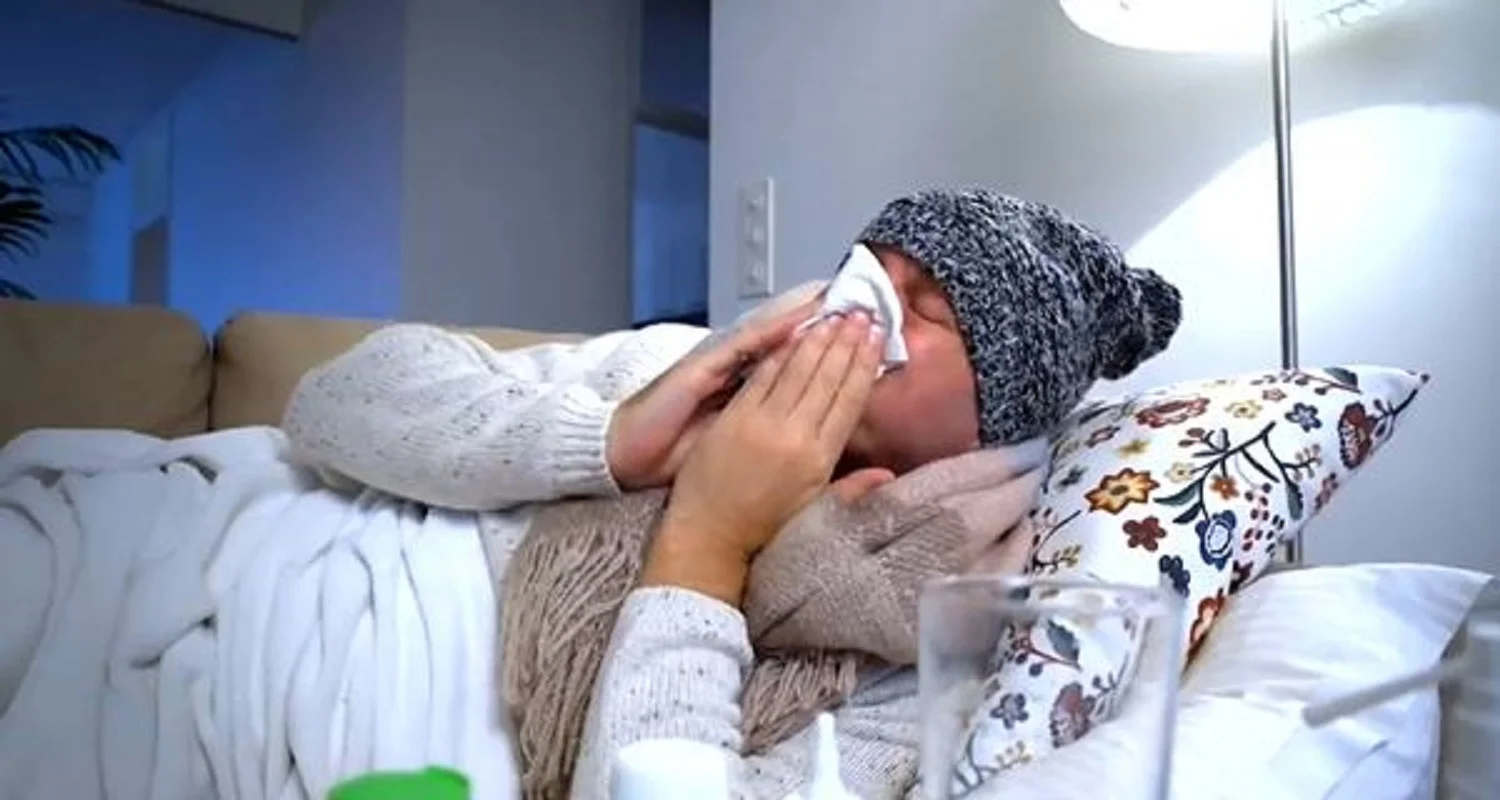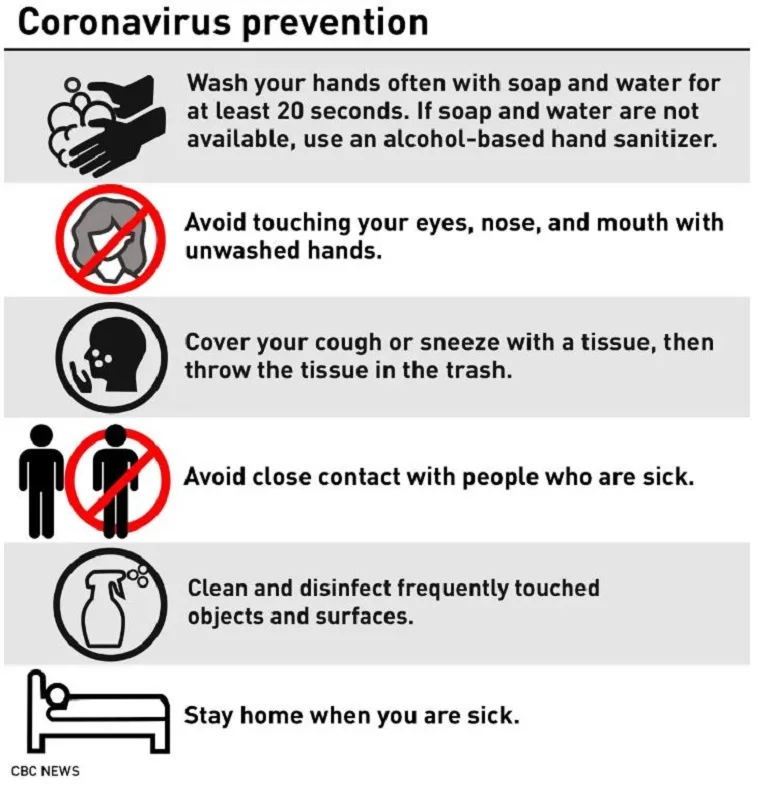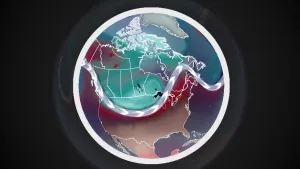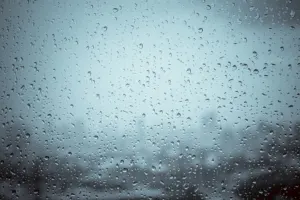
Do I have COVID-19, the flu or a cold?
Public health officials believe the rate of COVID-19 cases in Canada is going to get worse before things start to get better. If you feel sick, when should you get tested?
Here are some basic facts about the virus, its symptoms, prevention, and what to do if you believe you are infected.
WHAT ARE THE SYMPTOMS?
Unfortunately, the initial symptoms of COVID-19 are very similar to the seasonal flu and even the common cold, so you may not know whether you are infected with COVID-19.
The symptoms can include:
fever;
cough;
difficulty breathing;
pneumonia in both lungs (which would be seen on a chest x-ray).
Not everyone who is infected with COVID-19 has symptoms, and some people will only exhibit very minor symptoms.
"About 80 per cent of people will not get really sick from this," Dr. Samir Gupta, a respirologist, told CBC News.
The only way to confirm COVID-19 is with a lab test. Symptoms may appear as soon as two days after exposure or for as long as 14 days after exposure.
The flu vaccine will not protect you against COVID-19.
WHAT SHOULD YOU DO IF YOU HAVE SYMPTOMS?
If you are under 50 years old and otherwise healthy, just stay home and take care of yourself. Definitely don't go to hospital, says Dr. Andrew Morris, an infectious disease specialist at Mt. Sinai Hospital in Toronto.
RELATED: Spring could impact the spread of the coronavirus, here's how
"The hospital's like the worst place for anyone other than people who are really sick and who will need hospitalization. Just being infected with a viral infection is not a reason to go to hospital."
But it is a good reason if you are older, have a compromised immune system, or are experiencing shortness of breath.
The most important thing to do is to call ahead to your health care provider if you can, whether you are going to see your primary care physician, going to a walk-in clinic, or going to an emergency department at a hospital. Upon arrival, you will be asked to wear a mask while waiting to prevent spreading your germs and you may be isolated.
When you see the doctor, the Public Health Agency of Canada website stresses you should make sure to tell them:
your symptoms.
where you have been travelling and living.
if you have had direct contact with animals (for example, visited a live animal market).
if you have had close contact with a sick person, especially if they had fever, cough or difficulty breathing
Some people will be completely asymptomatic - and still come up positive.
"That's striking," Gupta said, "because the other 20 per cent will be quite sick. They'll need hospital, they'll need oxygen, and about five per cent of the total will be really sick and will be on a ventilator."
WHO IS AT GREATEST RISK?
Canadians at greatest risk for developing more severe COVID-19 disease are those who are:
aged 65 and over;
with compromised immune systems;
with underlying medical conditions.
HOW IS COVID-19 DIAGNOSED?
Respiratory samples are processed by provincial labs. The labs may screen for other things first, such as the seasonal flu. The sample will only be sent to the National Microbiology Laboratory in Winnipeg if further testing is required.
WHAT IF I HAVE COVID-19 BUT GET SENT HOME?
Public health officials recommend self-isolating — staying home and even keeping away from family members.
"The key is maintaining distance," Gupta said. "It means separate bedrooms, separate bathrooms, a minimum of six feet (1.8 metre) distance, because that's how this spreads, through droplets which can travel up to six feet."
If you must leave home, PHAC says you should wear a mask or cover your nose and mouth with a tissue and maintain a distance of at least two metres from other people.
WHAT IF MY CHILD HAS SYMPTOMS?
To date, children do not seem to be getting very sick from COVID-19. Most healthy kids will get over it in a few days as they would a common cold or the seasonal flu.
But if your child is sick, you should keep them home. Definitely don't send them to school.

Coronavirus prevention. Photo: CBC News.
"If you've got one kid who has coronavirus, chances are they're exposed to one to three older people who are at risk, who may end up in the hospital" said Morris. "But if you have 30 kids, all of a sudden you're talking like 100 people. And and so that overall risk to the community, to the system is just that much greater."
HOW CAN YOU AVOID INFECTION?
There is no vaccine to prevent the infection, but health organizations, like PHAC here in Canada and the Centers for Disease Control in the U.S., recommend these preventive actions to help stop the spread of any respiratory viruses:
Wash your hands often with soap and water for at least 20 seconds or use an alcohol-based hand sanitizer, with an alcohol content of at least 60 per cent;
Avoid touching your eyes, nose, and mouth with unwashed hands;
Avoid close contact with people who are sick, and stay home if you are sick.
WILL A MASK PROTECT ME FROM CATCHING COVID-19?
After the SARS outbreak, PHAC asked a panel of medical experts for guidance on how flu is transmitted and how best to protect against infection, including the efficiency of face masks.
The report found that masks can offer protection, but there's no evidence inexpensive masks can protect against flu virus particles small enough to be inhaled into the lower respiratory tract or the lungs.
ALSO SEE: Airport virus hotspots: What to avoid during your next trip
It did find that the N95 masks are the most likely to be efficient because they filter particles smaller than one micron and provide a tight facial seal. It's unclear, however, if those masks would be effective against COVID-19.
Canada's chief public health officer, Dr. Theresa Tam has said that wearing a mask when you're well is not an effective measure for keeping yourself safe from infection.
With files from Michelle Ghoussoub and The Canadian Press.
Thumbnail courtesy of CBC News.
The story was written by Stephanie Hogan/CBC News and originally appeared on CBC.ca.









